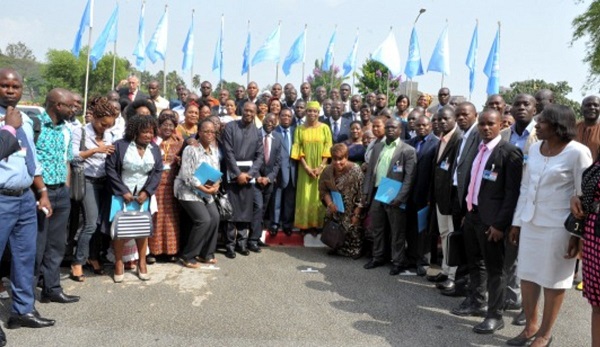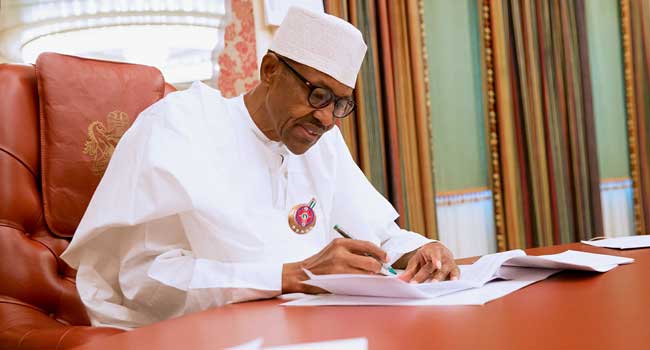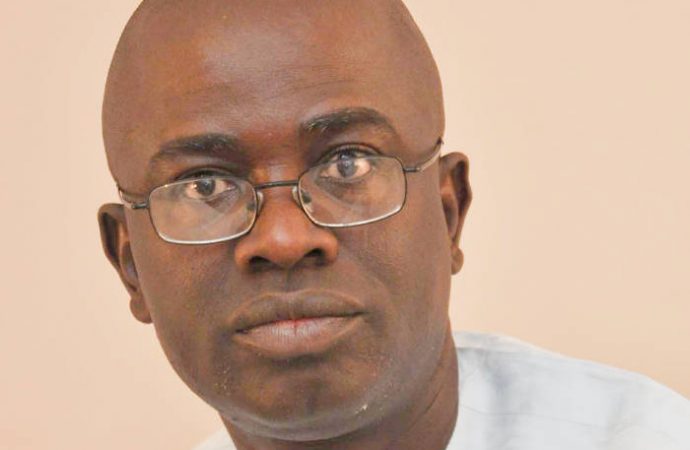Author Box |
 Abiola Benjamin Obayomi Abiola Benjamin ObayomiReal Estate is my Profession. The change we need in Nigeria begins with all of us doing things differently. Collectively, we can make Nigeria work. Joined 10 years ago From Abuja, Nigeria Total Articles 339 Recent Articles From Author # The Synergy that Drives Leadership and Organizational Effectiveness # How to Make the Word of God Work for You # Why Are Many African Nations Not Led by Their Best Minds, Hands & Hearts? # The Signification of Our Body as the Temple of God Order your favourite books online now, Save the stress & Pay online or with cash at Your Doorstep! |
 |
|
Home >>>Politics How Nigeria Can Achieve Rural Development By Abiola Benjamin Obayomi Sep 26, 2016  It is not an exaggeration to say that the battle to achieve the global society’s stated objectives on hunger and poverty reduction will be won or lost in the rural areas of the developing countries. Universally, extreme poverty continues to be a rural phenomenon in spite of increasing urbanization.Of the world’s 1.2 billion extremely poor people, 75 percent live in rural areas, and for the most part they depend on agriculture, forestry, fisheries and related activities for survival. A World Bank 1994 report succinctly states that if the rural economy is promoted in a sustainable way, it has the potential of increasing employment opportunities in rural areas, reducing regional income disparities, stemming pre-mature rural-urban migration, and ultimately reducing poverty at its very source. In addition, development of rural areas may contribute to the preservation of the rural landscape, the protection of indigenous cultures and traditions while rural societies could serve as a social buffer for the urban poor in periods of economic crisis like a recession, or social urban unrest. The meaning of rural development has been the subject of much debate and little agreement. The definition of rural development varies from one point of view to the other and has evolved through time as a result of changes in the perceived mechanisms and/or goals of development. While some see it as “a process aimed at developing the rural poor, their economy and institutions from a state of stagnation or low productivity equilibrium into dynamic process leading to higher levels of living and better quality of life” (Aslam M., 1981), others see rural development as “a process whereby concerted efforts are made in order to facilitate significant increase in rural resources productivity with the central objective of enhancing rural income and creating employment opportunity in rural communities for rural dwellers to remain in the area”(Olayide et al.1981). It is also an integrated approach to food production, provision of physical, social and institutional infrastructures with an ultimate goal of bringing about good healthcare delivery system, affordable and quality education, improved and sustainable agriculture etc. Rural development ensures the modernization of the rural society and the transition from its traditional isolation to integration with the national economy. This aspect has been neglected in the Nigerian system as a result of over-dependence on crude oil thereby resulting in the neglect of rural areas in the country and the great potential they have. Giving attention to rural development is essential so as to generate foreign exchange, and to attract revenue to finance public and private consumption and investment. In Europe, the modernization paradigm for rural development reached its peak after the Second World War. The continent faced major challenges in securing food supplies for a booming urban population, and in maintaining a viable economic and social structure in rural communities experiencing rapid depopulation. The response to tackling this was simple. Agriculture was mechanized and industrialized with the assistance of subsidies and price supports provided by national governments. Support was provided through grant/aid, development of infrastructure projects, including new roads, bridges, tunnels and airports, power stations and reservoirs supplying mains electricity and water, and new factories and housing. In turn, these infrastructure projects facilitated social modernization and cultural change, as rural society was integrated into modern consumer society. In summary, the objectives of rural development include:
Based on the foregoing, the following are put forward to achieving rural development in Nigeria: Rural development should not be the concern of only the government alone (Federal, State and local governments). It is important that individuals, communities, corporate organizations, non-governmental organizations and international organizations and agencies be deeply involved in the efforts at eradicating poverty, enhancing rural development and the overall national development of the country.Public policies on rural development should go beyond agricultural development to creating social opportunities through heavy public investment in education, health care, social security and physical infrastructures. Expanding a range of social opportunities for rural dwellers carries the potential for social and economic empowerment as well as improving the quality of life. Credit institutions should be further encouraged with low interest rates so that funds would be available for use by the rural dwellers particularly the farmers to assist them purchase seeds, fertilizers and pesticides. The credit facility, if given at appropriate time could also assist in the area of offsetting operational costs as well.The rampant and endemic corruption, greed and mismanagement associated with institutions for rural development should be ripped in the bud. This requires the intensification of the crusade against these vices by the government and her agencies like EFCC, ICPC among others. This requires the change of attitude by the political leaders to deal with the situation squarely. Therefore, the Nigerian state should make deliberate efforts to create a virile and credible institutions and structures that would enhance rural development. Recent findings in the field of rural development have led to the conclusion that popular participation based on involvement of the beneficiaries of a rural development project at all stages or phases of the project is an important factor of the sustainability and success of the project. The experience is that more often than not, rural development projects are implemented without the involvement of the local people at all. There is a need for project sponsor and managers to evolve methods of involving the local people who are the intended beneficiaries right from the identification phase through to the time of completion. The people’s contributions in form of ideas, financial and human resources will serve as a motivating factor for them to see to the complete success of the programme. Thank you for reading
|
|||||
If you need to re-publish this ARTICLE, please cite this article - (https://cordly.ng/blog/how-nigeria-can-achieve-rural-development-24389/) and the Writer (Abiola Benjamin Obayomi) Do You Find This Article Helpful? | |||||
|
Article Tags: How Nigeria Can Achieve Rural Development, Obayomi Abiola on Fridayposts, Obayomi Abiola writes about Rural Development in Nigeria | |||||
| Article Source | |||||
 About Abiola Benjamin Obayomi About Abiola Benjamin Obayomi | |||||
| Social Sharing | |||||
|
If You Enjoyed This Article; Then, Share It On Your Social Network
Copy This Short Link To The Article: https://cordly.ng/i/2QVZH | |||||
| Post Comment | |||||
|
| |||||
| Article Comments | |||||
|
No comment found! Be the first to share your thoughts on this article! | |||||
| Related Articles | |||||















